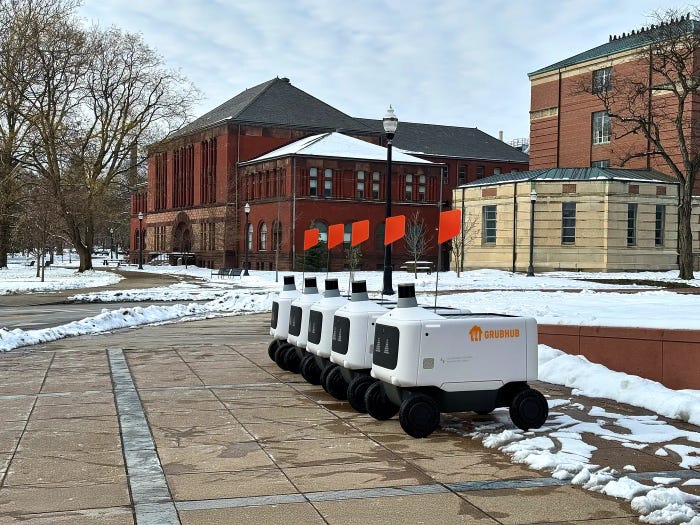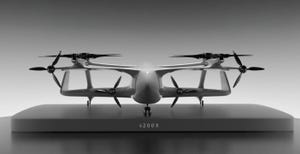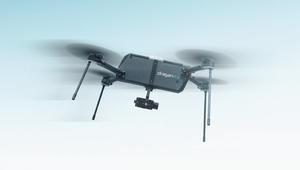Toyota, NTT Team on $3.3B AI Mobility ProjectToyota, NTT Team on $3.3B AI Mobility Project
Sensors will gather traffic data, analyze it in real time to predict accidents and autonomously control vehicles to prevent crashes

Japanese automaker Toyota is teaming with telecoms leader Nippon Telegraph and Telephone Corporation (NTT) to develop a driver assistance system that uses AI to prevent accidents.
The pair plan to invest $3.3 billion into a new, so-called mobility AI platform which uses large amounts of data to support driver-assist tech. Their target is to have the system ready for initial use by 2028.
The system uses sensors to collect data on surrounding traffic environments, which is then analyzed in real time to predict the likelihood of an accident and autonomously control vehicles to prevent collisions.
Although Toyota and NTT are behind the program, it is hugely ambitious in its scope, with the pair saying: “We envision that it will be used not only by the two companies, but also by a wide range of industry, government, and academic partners.”
The system will make use of the IOWN (Innovative Optical and Wireless Network) next-generation optical communication platform that is being developed by NTT to handle large amounts of data. It is expected IOWN will support 6G.
It will also benefit from the work Toyota is doing to develop software-defined vehicles, where safety and security are already a priority.
Among the specific scenarios that the platform is envisioned to assist with are preventing collisions in poor weather, such as fog, and making it easier to merge on expressways.
Toyota and NTT identified three key elements that will make up the platform, and how it will work.
First, data centers will be established in certain locations, to analyze and process the data generated via IOWN. The intent is to locate these in areas rich in renewable energy, to make the process more sustainable.
Secondly, there is the actual infrastructure itself, which will be suitable for various traffic environments and urban areas, rural areas and suburbs. It’s claimed this will be highly reliable, with low-latency communication for large volumes of data.
Then, of course, the AI will use both of these to study and learn, and provide safer mobility.
As with the scope of the program, the time frame is also ambitious. The first implementation could be in place in just three years, with “widespread adoption” targeted from 2030 onward.
Toyota and NTT have worked together on previous projects, including a partnership to develop a connected car in 2017 and a collaboration focused on smart cities that was announced in 2020.
About the Author
You May Also Like


.jpg?width=700&auto=webp&quality=80&disable=upscale)
.jpg?width=700&auto=webp&quality=80&disable=upscale)

.jpg?width=300&auto=webp&quality=80&disable=upscale)


